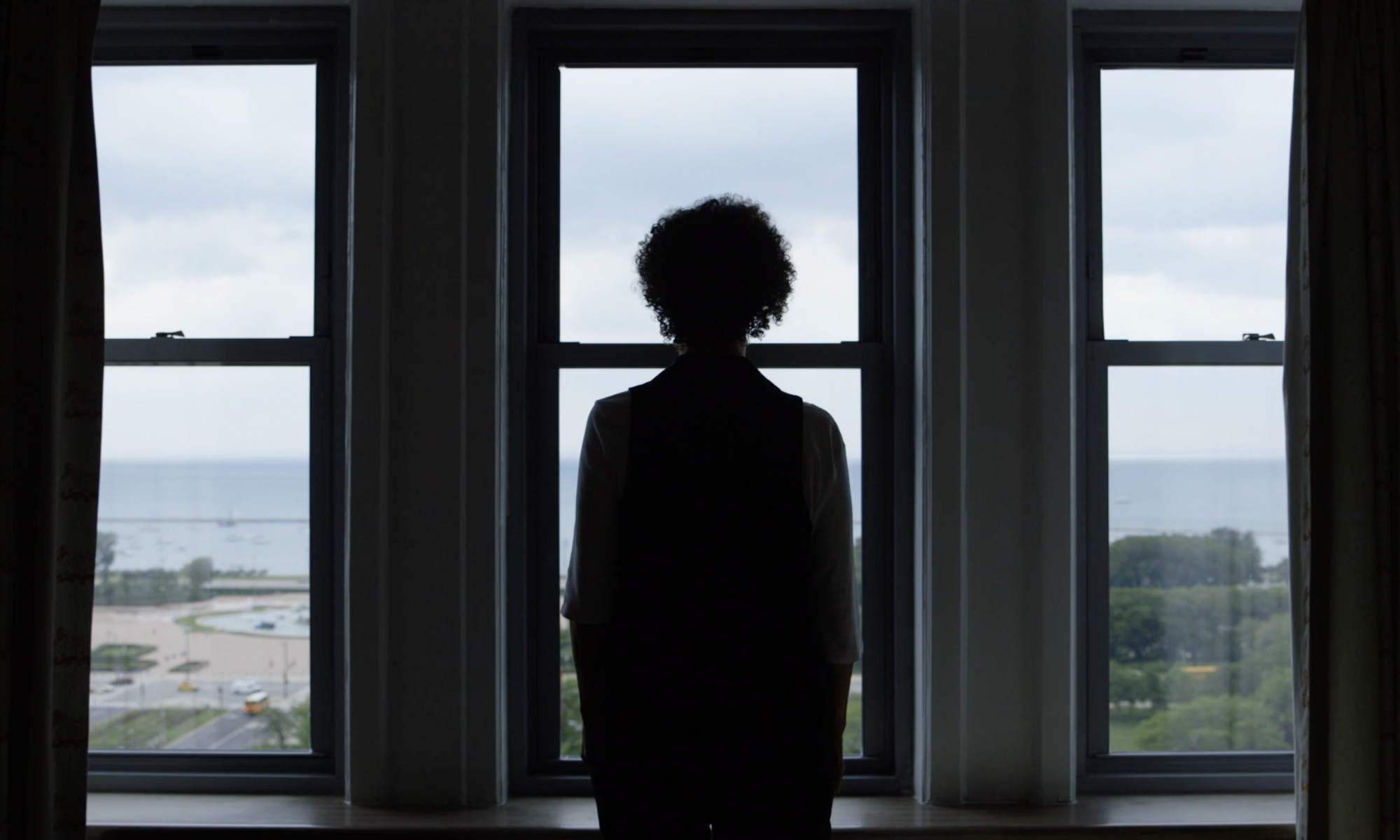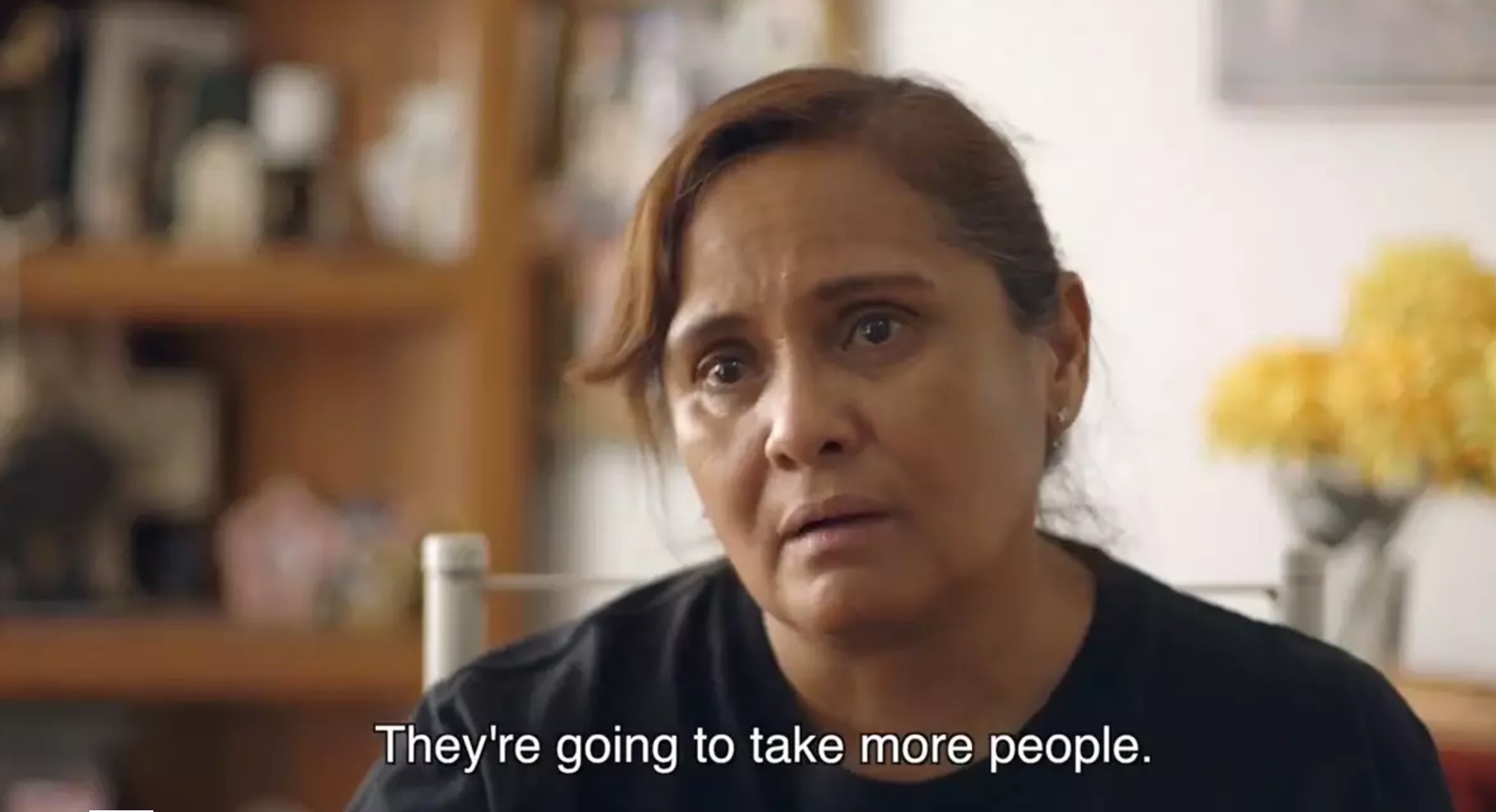MEXICO IN CRISIS
Silvia Ortiz and Óscar Sánchez Viesca’s daughter Fanny was disappeared in 2004, at the age of 16. Since 2006, over 40,000 people have been reported disappeared in Mexico in the context of the War on Drugs.
Silvia and Óscar are the founders of Grupo Vida, a grassroots collective of relatives of the disappeared who carry out weekly land searches for human remains. Grupo Vida’s land searches are a form of direct action in the face of state and paramilitary violence and impunity. To date, the group has recovered hundreds of thousands of human remains.
This talk features Silvia and Óscar, as well as with journalist and author Dawn Marie Paley. Hear about what is currently taking place in Mexico in terms of enforced disappearance, how the new government of President Andrés Manuel López Obrador is responding to the crisis, and the ongoing demands of family members of the disappeared.
Support Grupo VIDA’s work: https://www.gofundme.com/GrupoVida

GIANT MINE, NORTHWEST TERRITORIES
Toxic Legacies Project
The Toxic Legacies Project is a response to the Canadian government’s Giant Mine Remediation Project to freeze arsenic underground in pepetuity, a project that has recently undergone an extensive environmental assessment.
Further reading on Arsenic trioxide and underground issues at Giant Mine
Communicating with future generations at Giant Mine: A report on a workshop discussing strategies for Giant Mine, Yellowknife, Northwest Territories, Sept. 21-22, 2017.
FUKUSHIMA, JAPAN
Tarachine: Mother’s Radiation Lab
On 11th November 2011, the Great East Japan Earthquake occurred. This earthquake, along with the following tsunami, caused TEPCO’s Fukushima Daiichi Powerplant nuclear disaster.
After the explosion at the Power Plant, radioactive particles were released and spread everywhere, including the area where we were living.
In order to protect the children from radiation exposure, we started measuring radioactivity in November 2011.
We measure radioactivity that is “impossible to see, smell and feel.” Making the danger visible allows us to better protect the children from radiation exposure.
Through our various activities, we wish to continue working with people who support us in our mission to protect the health and future of the children.
Meet the Japanese Moms Running a Citizens’ Lab to Track Nuclear Radiation, March 11, 2019
Fukushima’s mothers became radiation experts to protect their children after nuclear meltdown, May 12, 2019
Lauren Berlant (1957-2021) – Chicago, USA
THEY DID WHAT THEY COULD DO AT THE TIME: THINKING WITH AND AFTER LAUREN BERLANT, Jill Casid, Art in America, July 20, 2021
Affect Theory and the New Age of Anxiety: How Lauren Berlant’s cultural criticism predicted the Trumping of politics. Hua Hsu, New Yorker, March 18, 2019
Cruel Optimism, Lauren Berlant, 2011, Duke University Press

Arguing that the historical present is perceived affectively before it is understood in any other way, Berlant traces affective and aesthetic responses to the dramas of adjustment that unfold amid talk of precarity, contingency, and crisis. She suggests that our stretched-out present is characterized by new modes of temporality, and she explains why trauma theory—with its focus on reactions to the exceptional event that shatters the ordinary—is not useful for understanding the ways that people adjust over time, once crisis itself has become ordinary. Cruel Optimism is a remarkable affective history of the present.
Selected Bibliography, Lauren Berlant
The Hundreds, with Kathleen Stewart (Duke UP, 2019)
Sex, or the Unbearable, with Lee Edelman (Duke UP, 2014)
Cruel Optimism (Duke UP, 2011), 2011 René Wellek Prize, American Comparative Literature Association
The Female Complaint: The Unfinished Business of Sentimentality in American Culture (Duke UP, 2008).
“Slow Death,” in Critical Inquiry 33 (Summer 2007): 754-780.
The Queen of America Goes to Washington City: Essays on Sex and Citizenship (Duke UP, 1997).
“Sex in Public.” Written with Michael Warner. Critical Inquiry (Winter 1998).
The Anatomy of National Fantasy: Hawthorne, Utopia, and Everyday Life (Chicago, 1991).
Ningxia, China
China’s deserts are expanding at an alarming rate. So it’s fighting back, with straw mats, June 11, 2014
Baijitan nature reserve sees green recovery due to dedicated efforts, Sept, 2017

